We felt ourselves tumbling around and around as we watched Sandra Bullock's astronaut in outer space become untethered from her space vehicle. This image from Gravity was matched by Robert Redford's besieged sailor in All Is Lost who falls off his boat into the ocean and does somersaults as he plunges deeper and deeper. These Americans are mirrors of what so many people are experiencing these days: a feeling of having no solid ground to stand on during a period where everything is up for grabs. We are all untethered and searching for a connection that will provide security.
Other thought-provoking and ethically charged films of 2013 also encourage us, using our skills in spiritual literacy, to reflect upon the state of the world.
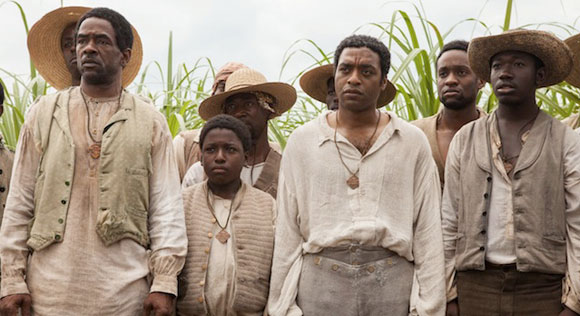
12 Years a Slave
Three stories about blacks illuminate the shadow issue of the country's horrific and inhumane treatment of African-Americans. 12 Years a Slave captures the violence, prejudice, and racism in the nation's past that has become invisible to many Americans. The writer Henry Miller wrote: "The full . . . acceptance of the worst in oneself may be the only sure way of transforming it." The same goes for a nation. To accept the shadow dimensions of American history is to come face-to-face with the dehumanization behind this 250-year nightmare: rapacious business men seeing slaves as property, societal attitudes that blacks are subhuman, and the resulting abrogation of human and civil rights for slaves.
Herman's House is a riveting documentary about the shadow issue of solitary confinement in the current-day American prison system; Herman, who recently died, served more time in solitary confinement than anyone else in U.S. history. Solitary Watch calls this form of imprisonment one of the major human rights issues facing the nation.
Fruitvale Station takes racism to a subway platform; it is the true story of a young California black man who was taken off a subway, handcuffed, and then shot in the back by a policeman, who was eventually charged with murder.
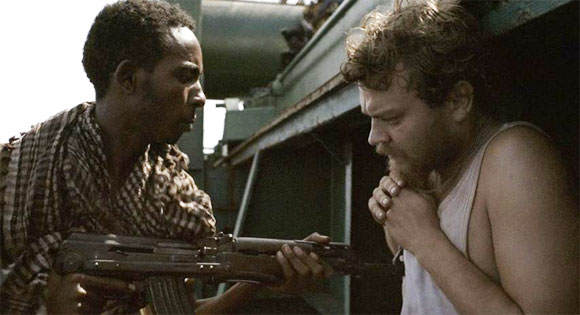
A Hijacking
We have seen in many films and written in our articles and blogs about the terrible consequences of the growing gap between the rich and the poor. In the Danish drama A Hijacking, Somali pirates take over a ship and ask for a $15 million ransom; the director introduces us to all the complications when corporations are involved in efforts to save the lives of crew members.
Ostensibly the U.S. war on terrorism is to protect the lives of soldiers and civilians in dangerous places around the world. In the documentary Dirty Wars, investigative reporter and narrator Jeremy Scahill looks into a raid in Afghanistan where five people were murdered. They were executed not by the Taliban but by members of the Joint Operations Command under orders of President Obama of the United States. So far, they have carried out 1700 raids.
Prejudice, killing, and dehumanization are not only emphasized in films about the United States. The Act of Killing is an incredible documentary about some of the men who joined with the soldiers in Indonesia in 1965 and slaughtered more than one million alleged communists, ethnic Chinese, and intellectuals in one year.
In the Danish film The Hunt, a popular kindergarten teacher is accused of sexual molestation. What happens to him when the community turns against him is a harrowing portrait of unrelenting rage.
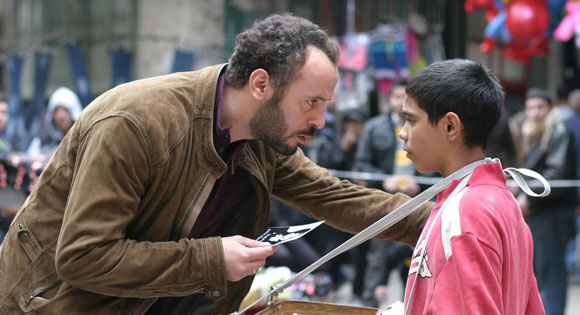
The Attack
Three movies deal with tensions in the Middle East which remains a hotspot in global affairs. The Attack illuminates the religious, political, and cultural clashes that underlie Arab and Israeli enmities in Israel and Palestine. The documentary The Square puts us on the streets of Cairo with the young revolutionaries who brought down the regime of former President Hosni Mubarak in Egypt. And The Reluctant Fundamentalist offers a scary depiction of extremism in our world and the danger it poses for all of us.
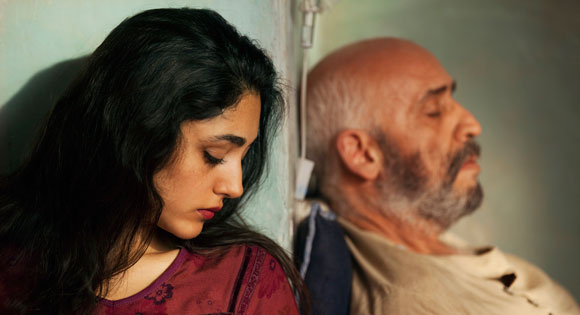
The Patience Stone
Two of the most original films of 2013 are about women from patriarchal societies who manage to express themselves in creative ways. The Patience Stone tells the story of oppressed Afghan mother of two whose father arranged her marriage; a husband who mistreated her; and two brothers who refused to help her when she needed it. This courageous woman wins our support with her daring of expression of her sexuality as a revolt against the domination of men.
Wadjda is the first feature film shot in Saudi Arabia and the first to be directed by a woman, Haifaa Al-Mansour. It revolves around a feisty eleven-year-old tomboy who stands out in her community as a rebel and lover of freedom.
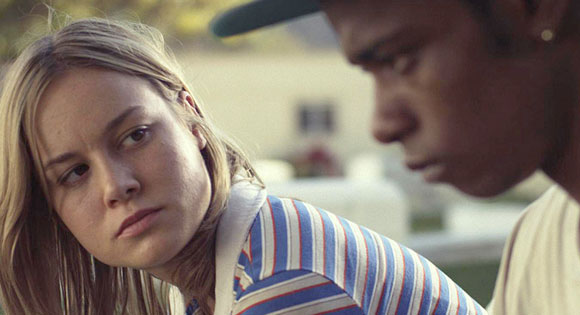
Short Term 12
On another positive note, we learned through this year's films about many sensitive, smart, and energetic people throughout the world today who are giving all they've got to mend our polluted, mauled and ravaged planet. Elemental is a salutary and deeply spiritual documentary which profiles of three dedicated environmental activists on three continents.
Short Term 12 also shows the efforts of some committed women and men who are trying to do good in the world. This small independent film is about the challenges faced by a wounded healer in her work with troubled kids in a halfway house.
And last but not least, the extraordinary documentary Running Wild: The Life of Dayton O. Hyde focuses on a cowboy who created a sanctuary in the Black Hills of South Dakota for America's wild mustangs. He is a model for how we, too, can practice deep respect for the land and all creatures. Hyde shows us the miracles that can be wrought by reverential thinking or seeing the intrinsic value of everything. This ancient and multidimensional spiritual practice could be the good medicine we need as an antidote to the toxins revealed in so many of this year's best movies.